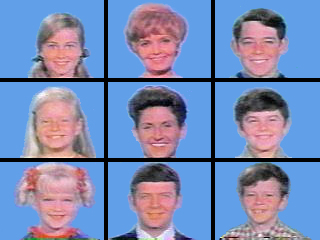http://canada.usembassy.gov/visas/doing-business-in-america/tn-visas-professionals-under-nafta.html
The visa category "Professionals Under the North American Free Trade Agreement" (also known as a TN Visa) is available only to citizens of Canada and Mexico, under the terms of the North American Free Trade Agreement (NAFTA).
Qualifications for a "TN" visa
A citizen of a NAFTA country may work in a professional occupation in the U.S. provided:
- the profession is recognized under NAFTA; and
- the alien possesses the specific criteria for that profession; and
- the prospective position requires someone in that professional capacity; and
- the alien is going to work for a U.S. employer.
If all of these conditions are met, then a TN may be issued.
Note: Spouses and unmarried, minor children of principal aliens are entitled to a derivative status visa, but they are unable to accept employment in the United States. Aliens entering under this classification are considered non-immigrants and granted TD visa status.
Please click here for a list of professions recognized under NAFTA.
Obtaining a "TN" Visa
To qualify for admission under this classification, citizens of Canada, at the U.S. Port of Entry, must:
- Request "TN" status.
- Bring the original documentation and provide a copy of the applicant's college degree and employment records which establish qualification for the prospective job.
- Provide a letter from the prospective U.S.-based employer offering him/her a job in the United States.
Note: The job must be included in Appendix 1603.D.1 of NAFTA, which provides a list of provisions covered by the Agreement. - Pay a fee of US$50.
Canadian citizens are not required to obtain a visa, but instead receive "TN" status with U.S. Customs and Border Protection (CBP) at their Port of Entry. Please note that the "TN" status will only be granted if the period of stay is temporary.
For more information on forms and requirements for business travelers and international workers entering the United States, please click here.
Applying for an Extension of Temporary Stay
Applications for extension of stay are processed by the Bureau of Citizenship and Immigration Services. When applying for them, Canadian citizens have two options:
- They may have their employer file a form at the closest regional Bureau of Citizenship and Immigration Services office. This option does not require leaving the U.S.
- Canadians may return to Canada to re-apply at the port of entry with the same documentation that is required for an original application.
Either option is permissible.




































